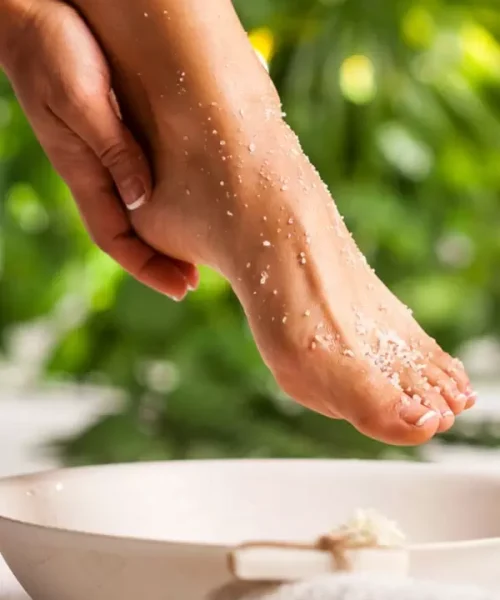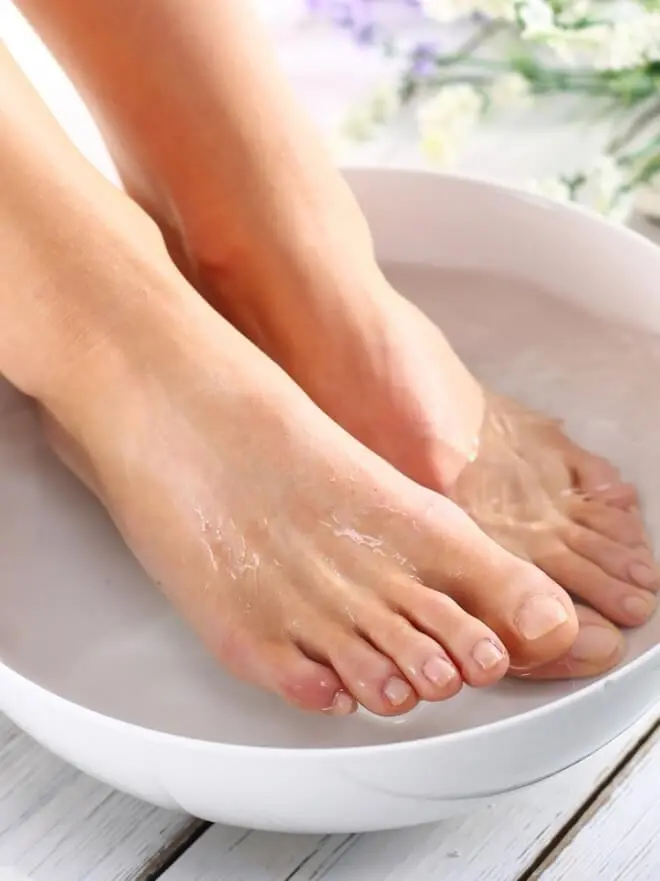Foot Hygiene Education in Adelaide
Foot hygiene education is an essential aspect of overall health, particularly in a vibrant city like Adelaide, where residents often enjoy an active lifestyle. Understanding proper foot hygiene practices can lead to improved foot health and prevent common foot problems. This article delves into various aspects of foot hygiene, the impact of diabetes on foot conditions, and the importance of foot hygiene in seeking professional podiatry services for effective treatment and prevention strategies.
How Foot Care Contributes to Overall Foot Health?
Foot care is integral to maintaining overall foot health, particularly for individuals with pre-existing conditions or those at high risk. Good foot hygiene practices, such as daily washing and thorough drying, can prevent infections and promote better circulation. Regular foot assessments by a qualified podiatrist can help identify any issues early, ensuring prompt treatment. This proactive approach can prevent the escalation of poor foot hygiene into more serious complications, such as ulceration or amputation. Consequently, investing time in how to maintain foot hygiene not only enhances comfort but also supports long-term foot health.
Moreover, maintaining proper foot hygiene can significantly impact one’s quality of life. For people with diabetes, for example, the risk of developing severe foot complications increases without proper care. Regular check-ups with a podiatrist in Adelaide can help manage any emerging issues related to bad foot hygiene. Ensuring that feet are well cared for not only reduces the risk of painful conditions but also enhances mobility and overall physical well-being. Therefore, prioritizing foot hygiene practices is essential for everyone, especially those with chronic or high-risk conditions.

Why Choose Us for Your Care?
At KMW Podiatry, we provide exceptional podiatry services across Adelaide, ensuring every patient receives personalized, high-quality care.
Health Scheme Support
We support patients under Work cover, GP care, NDIS, DVA, SAH, and other government schemes, providing consistent care for everyone.
Latest Technologies
We adopt the latest technologies to offer advanced podiatric care, providing innovative solutions for your foot health.
Convenient Locations
With clinics In stand-alone locations, GP Medical centers and Home Visits, our services are easily accessible, making it convenient for you to receive top-notch care.
24/7 Emergency Help
We are available around the clock for emergency assistance, ensuring you get the help you need whenever you need it.
What Role Does Foot Hygiene Education Play in Preventing Infections?
Foot hygiene plays a crucial role in preventing infections, particularly for individuals with diabetes or other chronic conditions. Good practices include washing the feet daily with mild soap, thoroughly drying them afterward, and moisturizing with a high-quality foot hygiene cream to prevent dry skin. It is essential to inspect the feet regularly for any cuts, blisters, or signs of infection, as early detection is key to effective treatment. Additionally, wearing breathable footwear can help keep feet dry and minimize the risk of fungal infections.
Incorporating good foot hygiene into daily routines is vital for maintaining overall foot health. Individuals should also be mindful of their toenail care, trimming them straight across to prevent ingrown toenails. Using specialized products like foot hygiene cream Margaret Dabbs can help maintain skin hydration and prevent common foot issues. Regular visits to a podiatrist can provide valuable insights into how to maintain foot hygiene effectively. By prioritizing foot hygiene, individuals can significantly reduce the risk of developing infections and enjoy better foot health overall.

FAQ's for Foot Hygiene Education
What is the importance of podiatry in foot hygiene education in Adelaide?
Podiatry plays a crucial role in foot hygiene education in Adelaide by providing expert knowledge and skills to help manage various foot conditions. Professional podiatrists educate patients on general foot care, diabetic foot care, and how to keep their feet healthy, especially for those with specific conditions like diabetes or circulation issues
How can diabetes affect general foot care?
Diabetes can lead to conditions such as peripheral neuropathy, which may result in numbness or reduced sensation in the feet. This can make it difficult for individuals to notice injuries or infections. Therefore, comprehensive foot care and regular examinations by a professional podiatrist are essential to help manage diabetic feet and prevent serious complications like ulcers or limb loss.
What are common foot problems that require podiatric care?
Common foot problems that may require podiatric care include bunions, corns, calluses, plantar fasciitis, foot infections, and chronic foot conditions. Regular assessments at a clinic can help diagnose these issues early and provide appropriate treatment and education on caring for your feet.
How often should I make an appointment with a podiatrist for my foot care?
It is recommended to make an appointment with a podiatrist at least once a year for a general foot examination. However, if you have diabetes, peripheral neuropathy, or any chronic foot conditions, more frequent visits may be necessary to monitor and manage your foot health effectively.
What are the signs that indicate I need to see a podiatrist?
Signs that indicate you should see a podiatrist include persistent foot pain, changes in the appearance of your feet or toenails, numbness or tingling sensations, the presence of corns or calluses, and any signs of infection, such as redness, swelling, or ulcers on the feet.
How can I care for my feet every day?
To care for your feet every day, practice good hygiene by washing your feet thoroughly and drying them completely, especially between the toes. Inspect your feet regularly for any abnormalities, moisturize to prevent dryness, and ensure you wear well-fitting shoes to prevent injuries. Additionally, keep your toenails trimmed and consult a podiatrist if you notice any issues.
What role does foot hygiene education play in preventing foot infections?
Foot hygiene education is essential in preventing foot infections by teaching individuals about proper foot care practices, including daily inspections, appropriate washing techniques, and the importance of wearing clean and dry socks and shoes. Understanding these practices can significantly reduce the risk of developing infections, especially for those with diabetes or other conditions that affect foot health.
What should I do if I notice a corn or callus on my foot?
If you notice a corn or callus on your foot, it is advisable to consult a professional podiatrist for assessment and treatment. They can provide appropriate care, such as removing the corn or callus and advising you on how to prevent them from recurring through proper foot hygiene and footwear choices.
How can podiatry help with foot pain related to arthritis?
Podiatry can help manage foot pain related to arthritis through a combination of treatments, including orthotic devices, customized foot care plans, and education on proper footwear. Podiatrists can also provide exercises to improve flexibility and strength in the feet, which can alleviate discomfort and enhance mobility.
